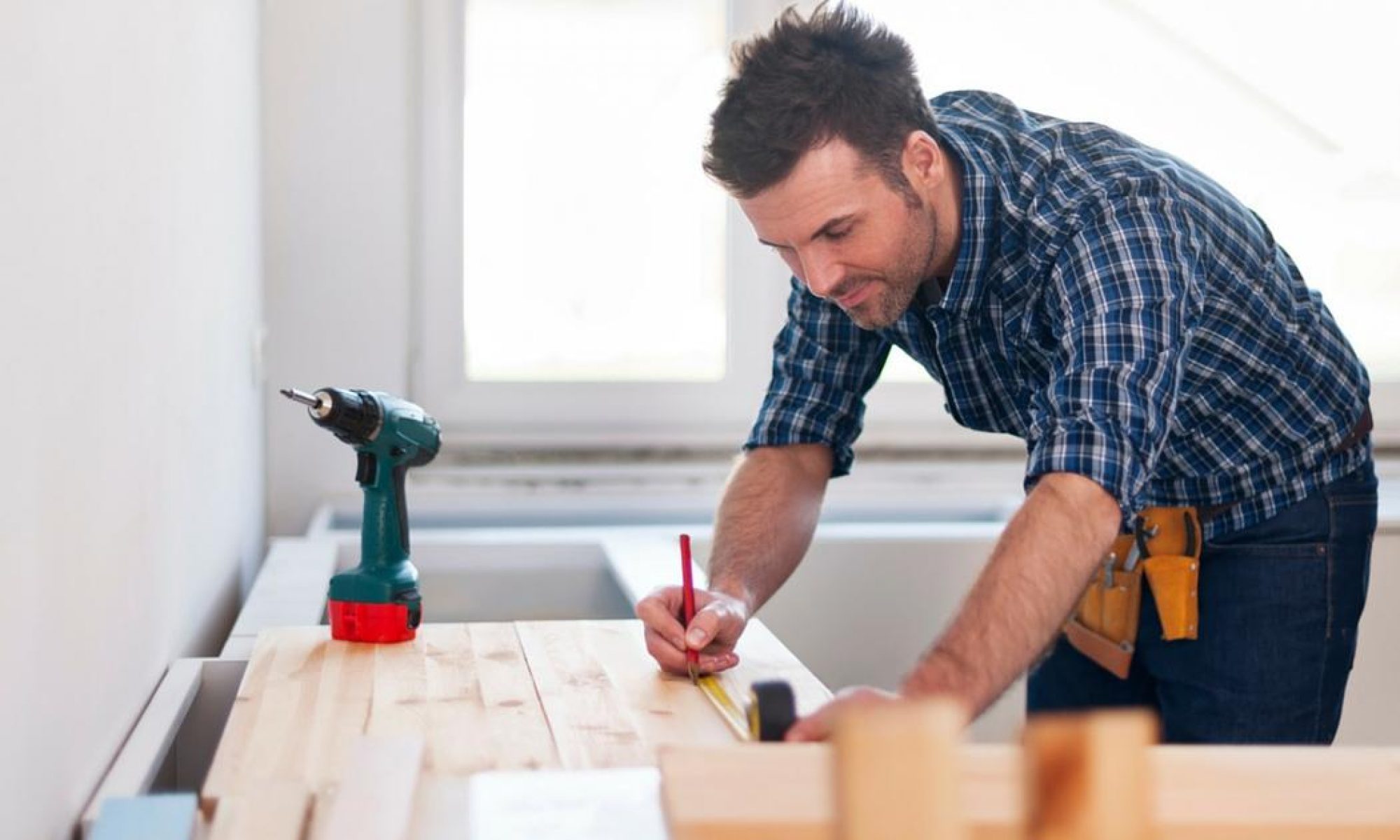
When it comes to roofing in Florida, not all materials are suitable for the local climate. Experienced roofing Boca Raton companies confirm that you need materials manufactured to withstand the constant heat and humidity specific to the Sunshine State and able to hold up against tropical storms or even hurricanes.
Ceramic roofs
Here are some of the many benefits of this type of roof:
- Ceramic tile is a natural product, obtained by burning it at over 1000 ° C, which ensures its durability. A ceramic roof has a lifespan of over 100 years. From this interval, the warranties cover more than a third, so, in the long run, this type of roof is a very good choice.
- Ceramic tiles can reduce energy costs by up to 30% and adapt to each season, absorbing or releasing heat and ensuring exactly the environmental comfort you need. It is not only a durable material, but also an economical one, because what is defining in estimating the value of a roof is its lifespan and not the purchasing costs.
- The anti-condensation foils and the vapor barrier that are part of a complete ceramic roof system form a protective layer that prevents water from entering the building. Ventilation systems, in turn, help evaporating condensed water. There are also complete and safe solutions for lighting and access to a ceramic roof.
- Last but not least, ceramic tiles provide an aesthetic aspect to any building, besides sealing it safely.
Concrete roofs
Concrete has many advantages and positive characteristics, being another material suitable for Florida roofs:
- Impermeability
- Color consistency and smooth surface
- Weather protection
- Dimensional accuracy and practical use
- High mechanical strength
- Natural components
Metal roofs
Metal is another excellent material for Florida roofs and here’s why:
- Extended warranty period: Depending on the material and the manufacturer, there are metal roofs that can last between 40 and 70 years, with minimal maintenance requirements.
- Resistance in extreme weather conditions: Metal roofs will successfully withstand even the harshest weather conditions. They will not be affected by high winds, they will not change their shape or properties as a result of impact and, if properly maintained, they will not be attacked by corrosion.
- Lightweight: A metal roof does not apply pressure to the structure of the house, being much lighter compared to most roofing solutions. For example, while concrete tiles can weigh up to 20 kg/ sqm, metal solutions weigh between 2.5 and 7 kg /sqm. Due to this property, metal roofs can be installed even over an existing roof.
- Quick and easy installation: A single sheet metal plate generally covers over 1.5 sqm of roof. Also, having a much lower weight and being extremely malleable, the installation time of the roof can decrease significantly. This also translates into lower labor costs.
- The only downside is that a metal roof requires an additional thermal insulation system. Although metal can reflect the sun’s rays (which decreases heat transfer indoors), it is not a good thermal insulator and requires some additional work to improve its insulation performance.
